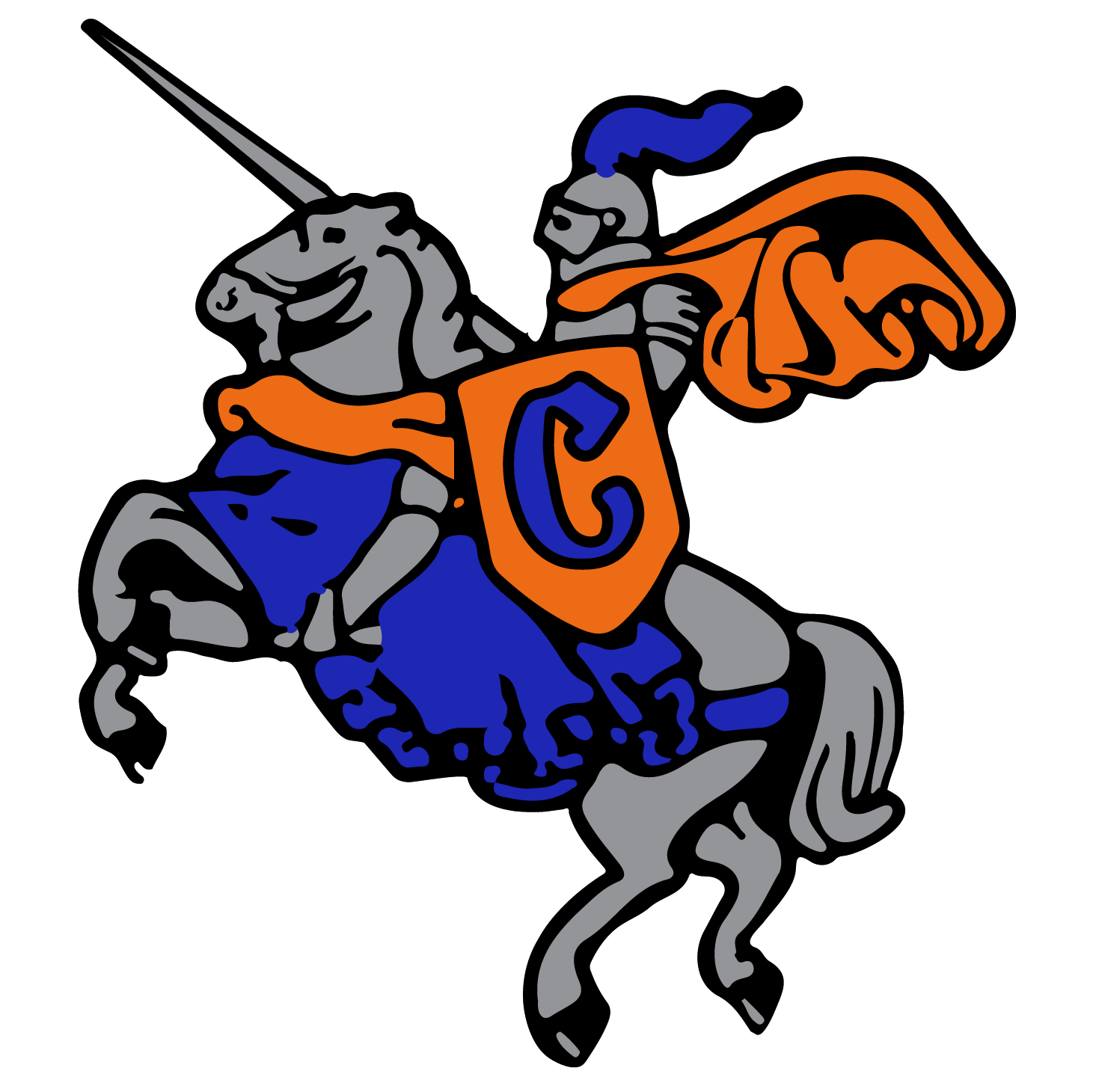Skip to content
Show submenu for OUR DISTRICT
OUR DISTRICT
SCHOOL DISTRICT INFORMATION
COMMUNITY ED.
Show submenu for HIGH SCHOOL
HIGH SCHOOL
ATHLETICS
CAREER COUNSELING
Show submenu for ELEMENTARY
Show submenu for PARENT RESOURCES
PARENT RESOURCES
Show submenu for BLUE & GOLD
Lancer Activities
Show submenu for
